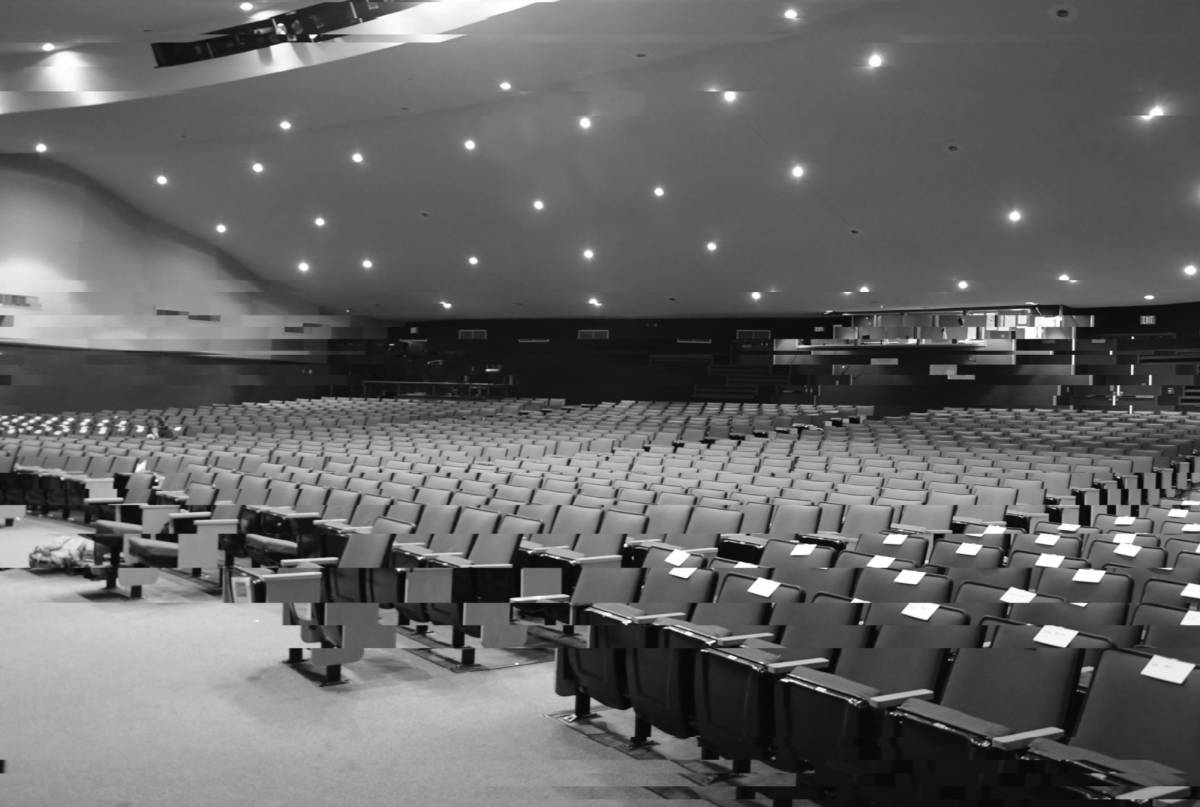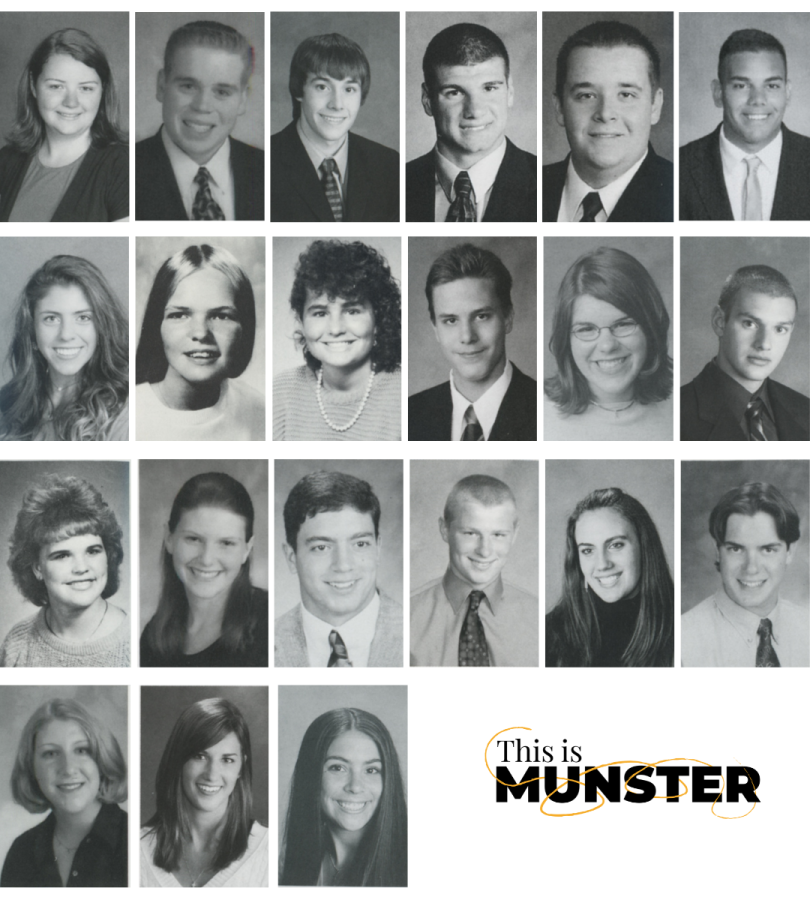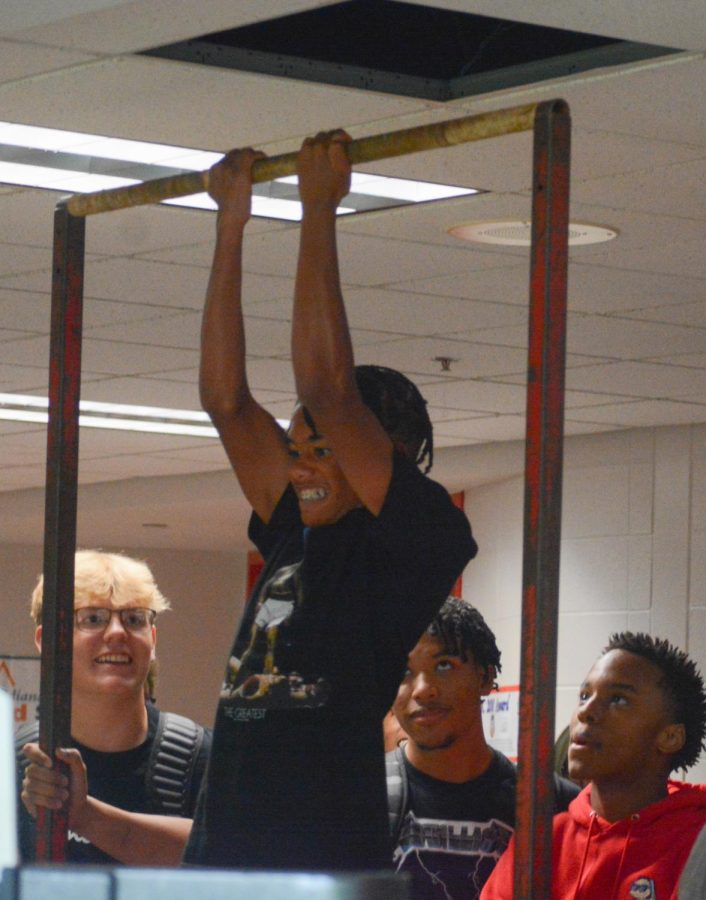I’m Not Throwing Away My Shot: Recruiting in our High Schools
May 19, 2022
Fighting for your country is something that many consider the ultimate display of patriotism. Standing up for your country and fighting for freedom is often considered a valiant career. But how does one make the decision to join? How do those who wouldn’t already pledge their lives to our country find themselves in exactly that position? Recruiters.
“I was already familiar with (the marines) since my dad was a colonel in the army,” Abe said. “They reached out to me about the NROTC scholarship, which sounded pretty intriguing.”
He said that the marines and recruiters for other branches of the military do a good job recruiting in our schools.
“It was nice. They were very communicative and talked to me on the phone a lot,” Abe said. “Also, I even went down to (Crown Point) a couple of times to meet with them. They were very helpful and answered all of my questions.”
According to Lucas Opiola, sophomore, while it’s fine for recruiters to come and recruit high school students, sometimes it goes too far.
“The main issue in my opinion is that some recruiters can be too harsh at times,” he said. “They make it seem like the military is the only option…Like you won’t be successful anywhere else but in the military.”
However, even with these recruiters, enlistment numbers seem to be dwindling. The high school graduates now, and of the future, are making different decisions about what they want to do with their lives.
“I’d agree that our generation is less likely to join the armed forces as a whole in comparison to previous generations,” Lucas said.
According to him, the decreasing recruitment numbers are due to a lack of structured parenting.
“I believe that the current generation has become lazy and unmotivated,” he said. “Children of today are no longer given the motivation and are not instilled with the hardworking motives and are instead subject to a world where everything is softer. Children are trained to be afraid of any jobs which require hard labor or difficult working environments as they’re raised to be afraid of such jobs.”





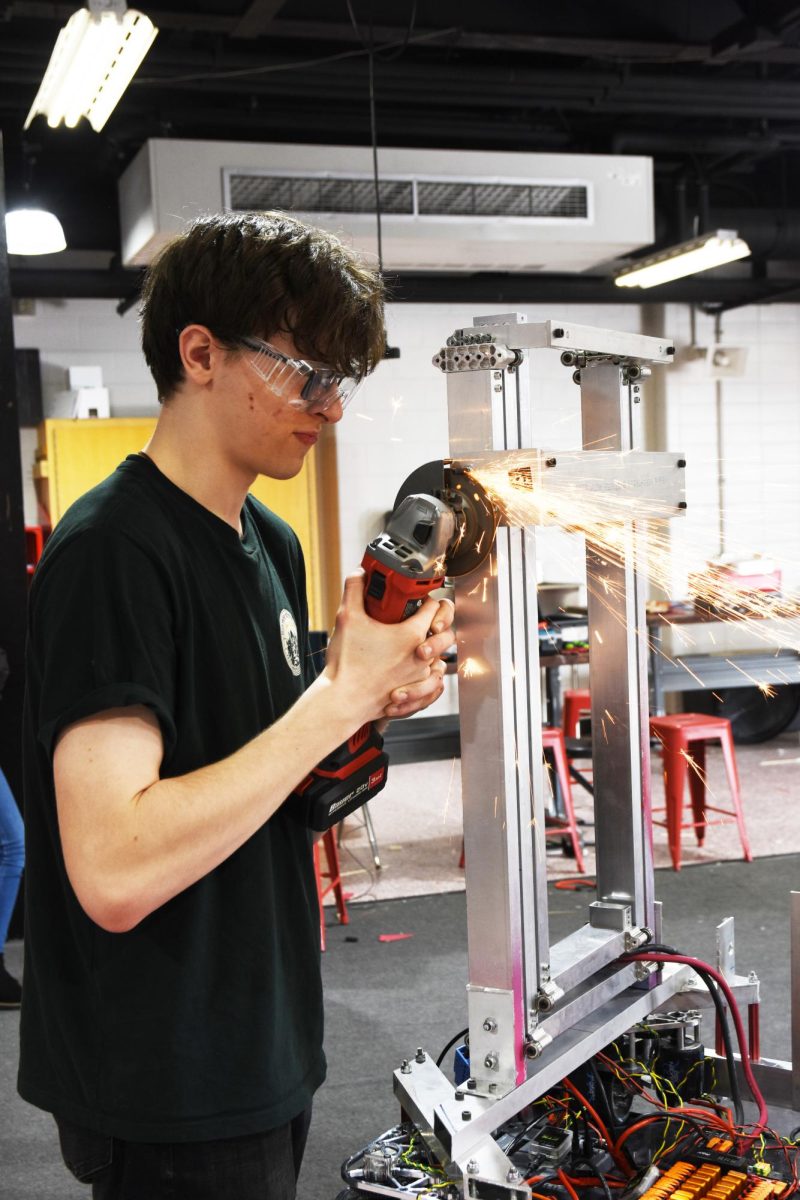











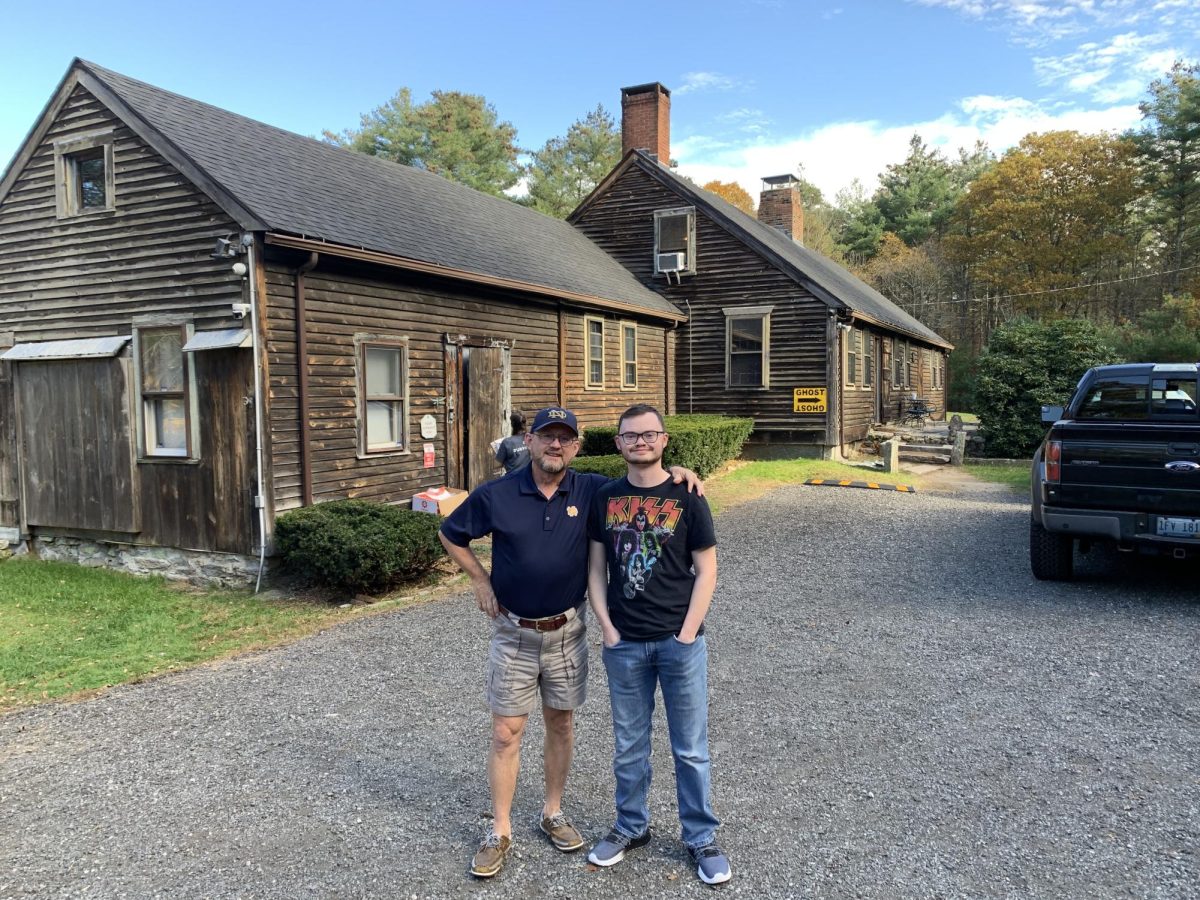
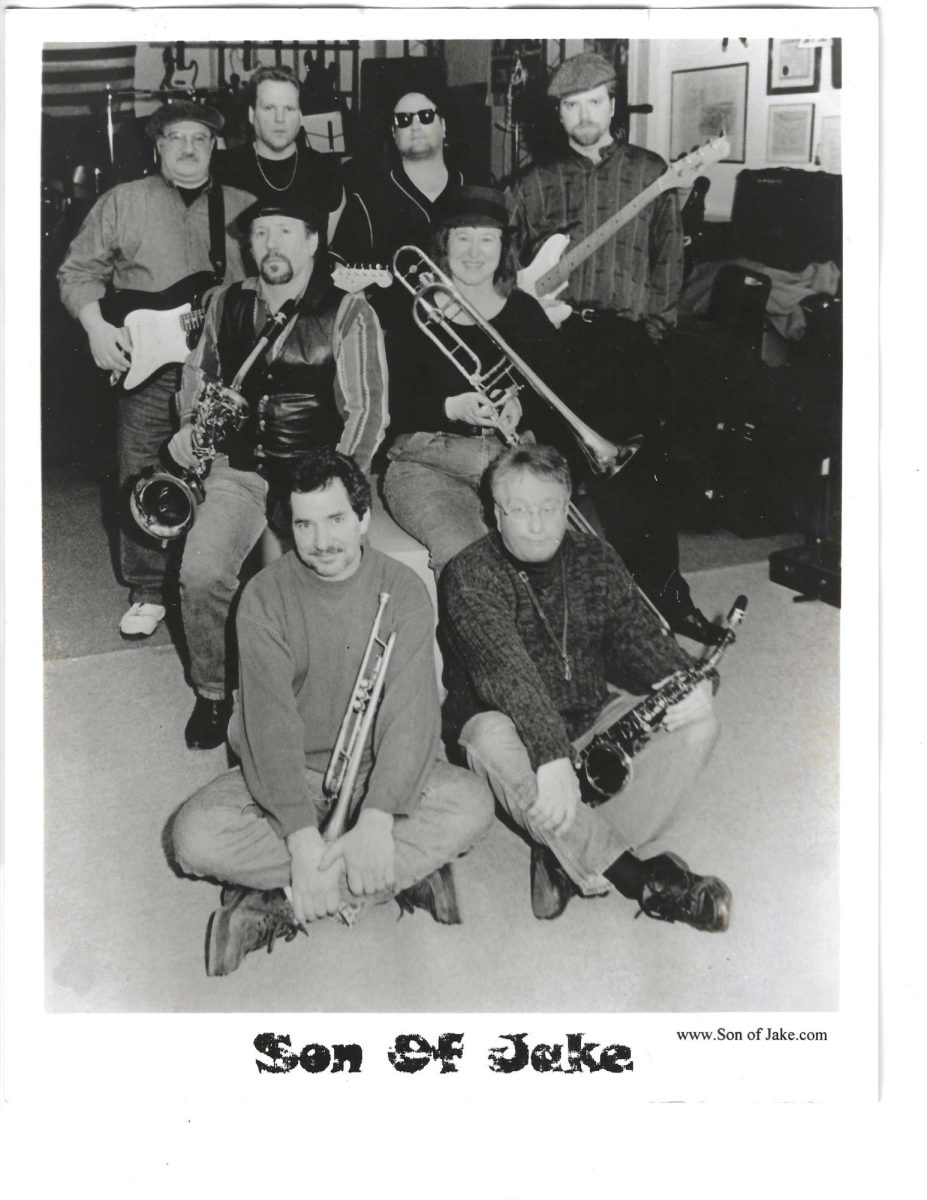


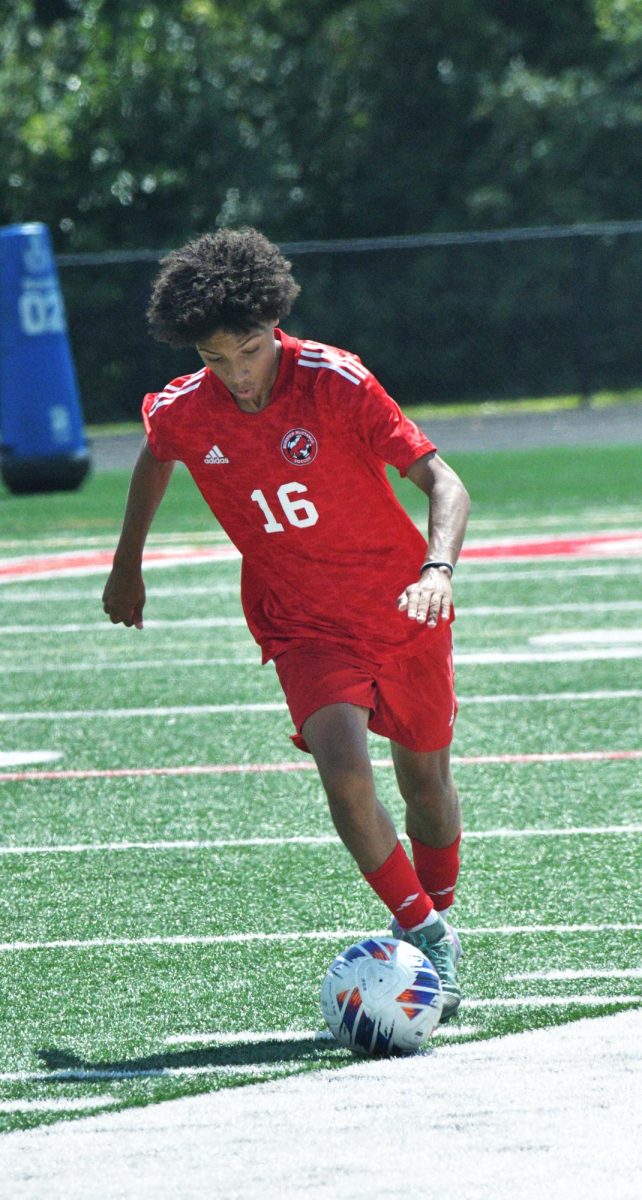

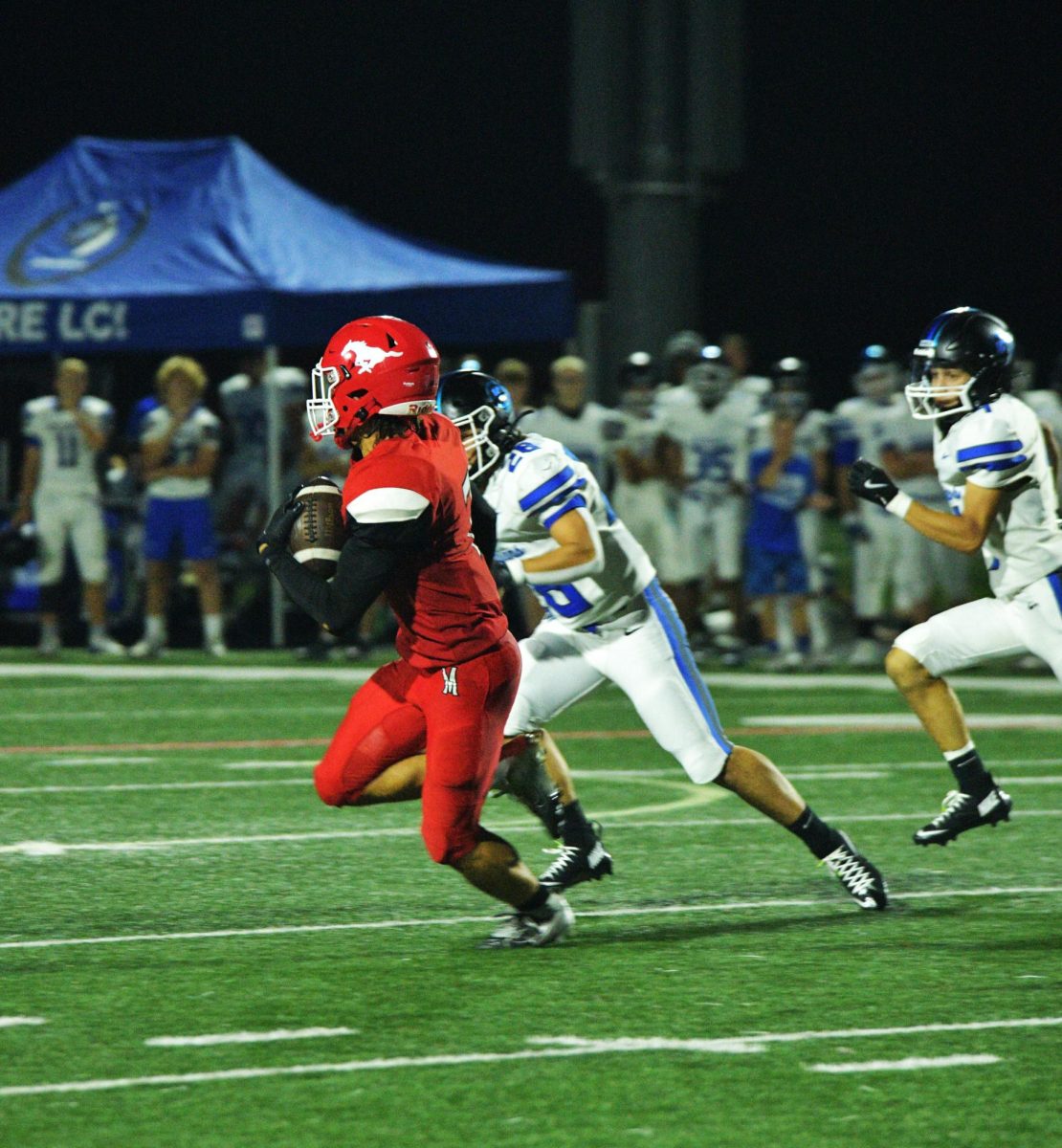

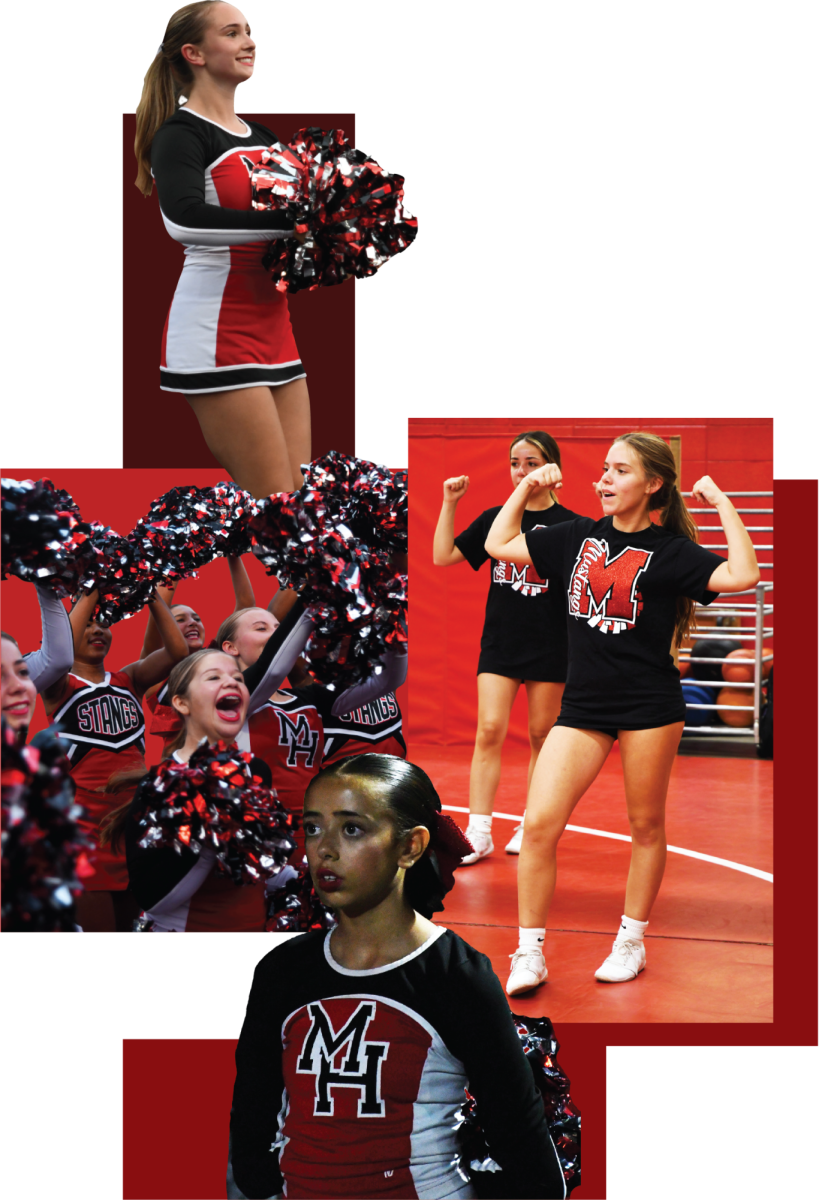
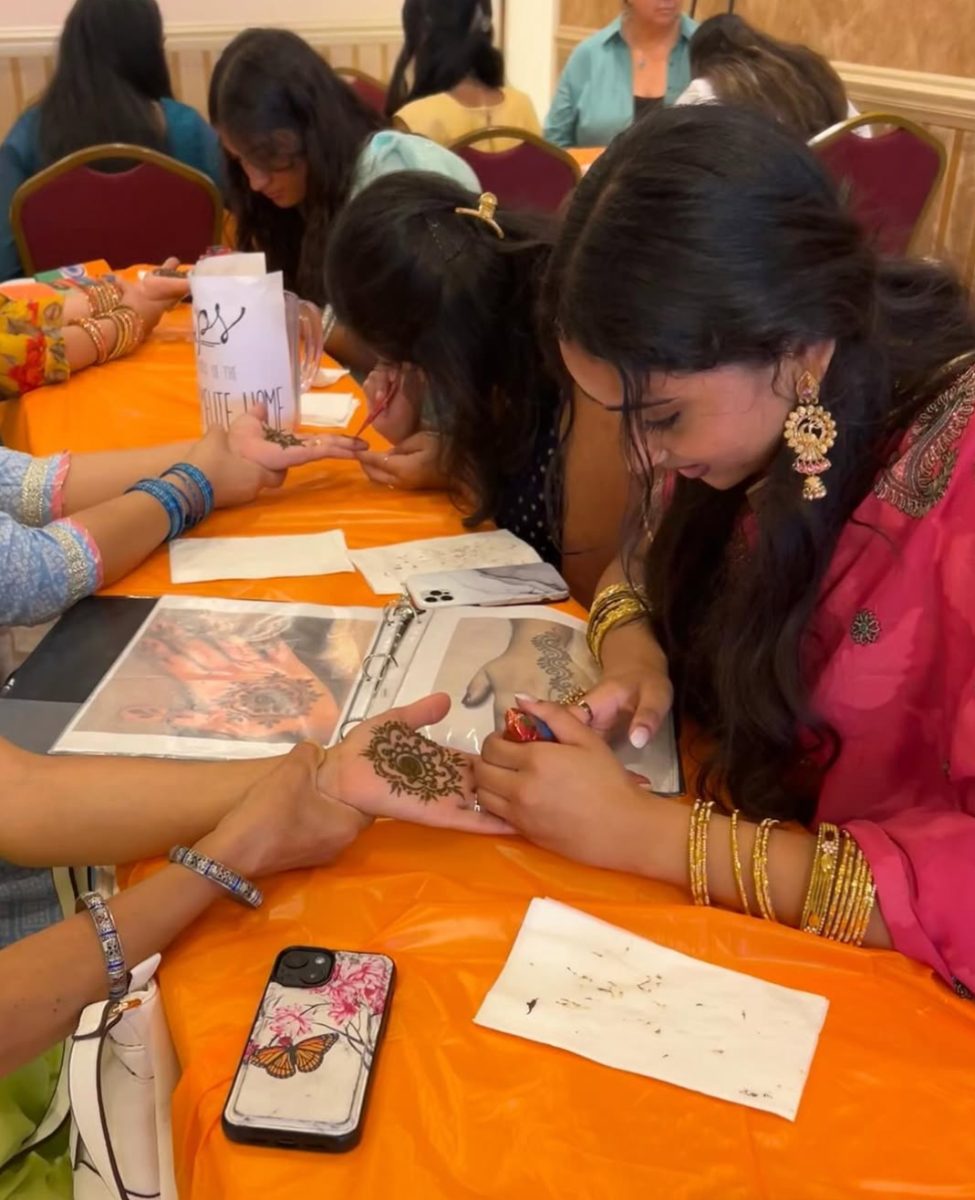

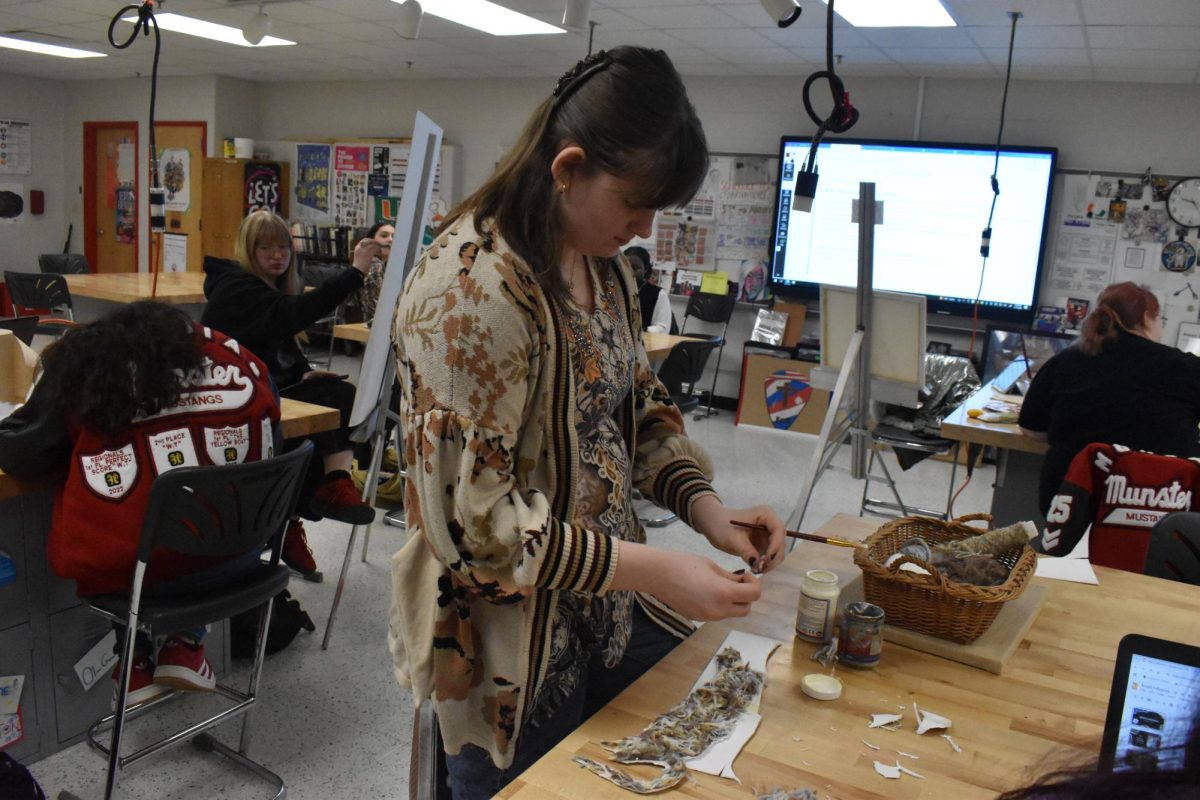


![SNAP HAPPY Recording on a GoPro for social media, senior Sam Mellon has recently started a weekly sports podcast. “[Senior] Brendan Feeney and I have been talking about doing a sports podcast forever. We love talking about sports and we just grabbed [senior] Will Hanas and went along with it,” Mellon said.](https://mhsnews.net/wp-content/uploads/2025/04/sam-892x1200.png)





